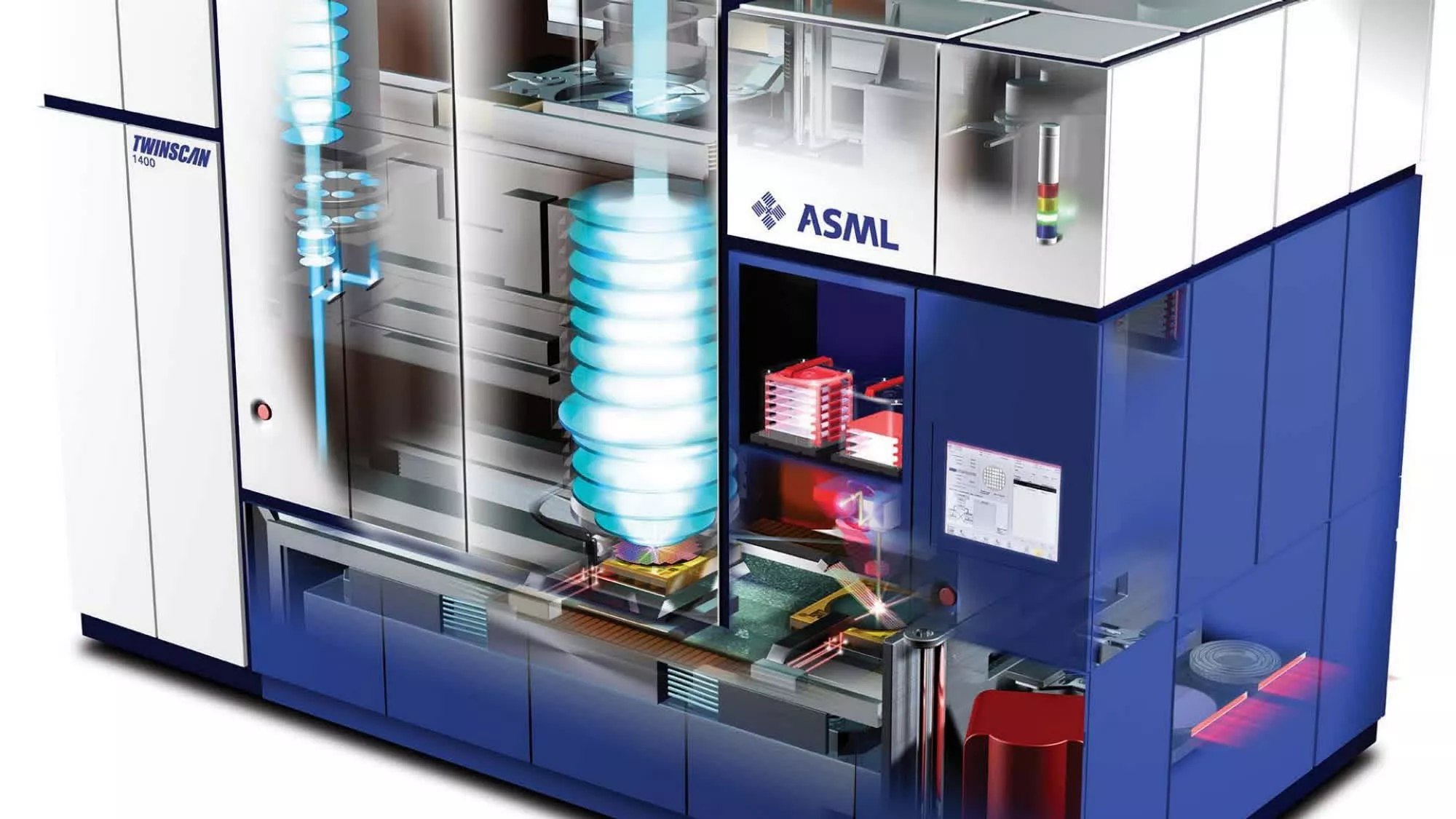In context: As tensions rise over semiconductor dominance, intellectual property tied to chip manufacturing has become a prime target for espionage. Companies like ASML and NXP sit at the center of this strategic tech battleground, making any breach not just a corporate concern but a geopolitical one. A recent case in the Netherlands highlights just how far some actors are willing to go to access this sensitive technology.

German Aksenov, a 43-year-old former employee of ASML and NXP, has been sentenced to three years in prison for sharing sensitive chip manufacturing documents with a contact in Russia. Aksenov, a process engineer who, according to his LinkedIn profile, was most recently employed at NXP, violated European Union sanctions imposed on Russia in 2014.
ASML, a Dutch company, is the world's sole supplier of extreme ultraviolet lithography machines used in advanced chip production. NXP, meanwhile, is a leading semiconductor firm known for co-inventing near field communication technology alongside Sony. Both companies are considered high-value targets for espionage by state-sponsored actors and cybercriminals worldwide.
However, Aksenov wasn't a hacker. Dutch authorities apprehended him in the act. He had allegedly stored a number of confidential files from his former employers on USB drives and hard disks. These storage devices were physically transported to Moscow, where they were handed over to agents from Russia's main counter-intelligence agency, the FSB.

Aksenov was also caught copying documents from ASML and NXP servers and taking them home. He attempted to justify his unusual behavior by claiming that he needed access to the confidential information to enhance his "professional" knowledge of the chip industry. He continues to deny being a spy or intentionally smuggling trade secrets to Russia.
"I had files from ASML for my own use. (…) Whether those files were allowed to go to Russia? I did not ask myself that," Akesenov dared to say.
Dutch authorities sentenced the engineer to three years in prison, though prosecutors had requested a four-year term. The court granted a lighter sentence due to a lack of evidence showing that Aksenov had received payment for his actions. Authorities were also unable to determine exactly when the sensitive documents were stolen from his former employers.
According to Reuters, NXP cooperated actively with law enforcement during the investigation. ASML has not confirmed its involvement, as litigation related to the case is still ongoing. Aksenov was arrested in 2023 and has been in custody since. As a Russian national, he has the right to appeal the Dutch court's ruling within 14 days.
Former ASML and NXP engineer jailed for leaking chipmaking secrets to Russia